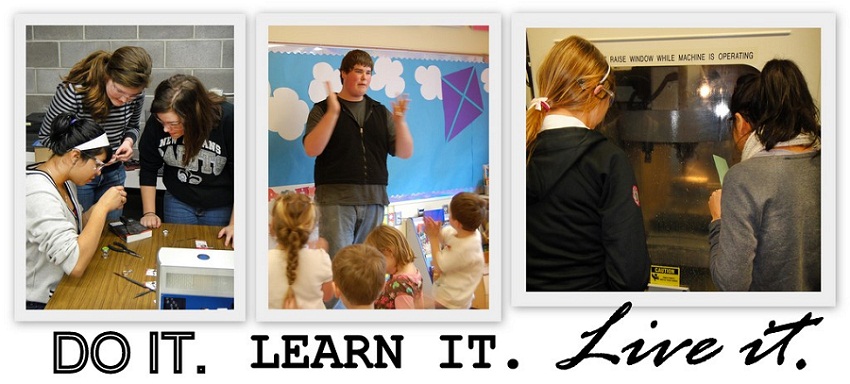Many IT related jobs have gone offshore, for reasons such as lower cost of employment, and the fact that many of these jobs, such as call center support, can really be performed from anywhere. On the other hand many "trades" jobs either MUST be performed on US soil, for practical reasons, or employers simply prefer to keep their custom machinists and other tradesmen nearer their facilities. Other reasons for keeping the jobs on US soil include keeping company trade secrets from leaking internationally. There is a phrase "only outsource what you don't want to control" and many companies have found that outsourcing, while initially seeming attractive, has ended up a disaster. International companies may promise lower pay but also have lower morale or not as keen of skills as US-educated employees. They may work in countries with under-developed infrastructure, such that when a natural disaster strikes, the country (and the offshore workers) are out of commission for a much longer time, bringing production to a screeching halt.
The below chart shows the results of a poll performed by Deloitte which clearly shows that employers are facing a skills gap in the Trades and Manufacturing industry.
(Get the full report here: http://www.slideshare.net/DeloitteAnalytics/us-pip-2011skillsgapreport01142011-1)
So bottom line, what does this mean for our nation's next generation of workers (ie those in high school and college/trade school right now)? It means, for those considering a career in trades, that you can be more confident that you will be able to find a job sooner, and have greater security, than going into a field which is easily outsourced or offshored.
Another report from Industry 2011 had the following list of most difficult trades to hire/find qualified applicants for:
2011 Manufacturing Skills Most Difficult to Hire
1. Welding (42% of industries polled)
2. Machining (40% of industries polled)
3. CNC Programming (39% of industries polled)
4. Tool and Die Makers (33% of industries polled)
5. GD&T (32% of industries polled)
6. Machine Maintenance Techs (31% of industries polled)
7. Press Brake Operators (28% of industries polled)
8. 3D Designers (CAD) (25% of industries polled)
9. Robotic Programmers (23% of industries polled)
10. SPC Statistical Process Control (13% of industries polled)
What does this mean for our non-traditional students?? Go get 'em, girls!
Karyn
PCC Non-Trad Outreach Coordinator

